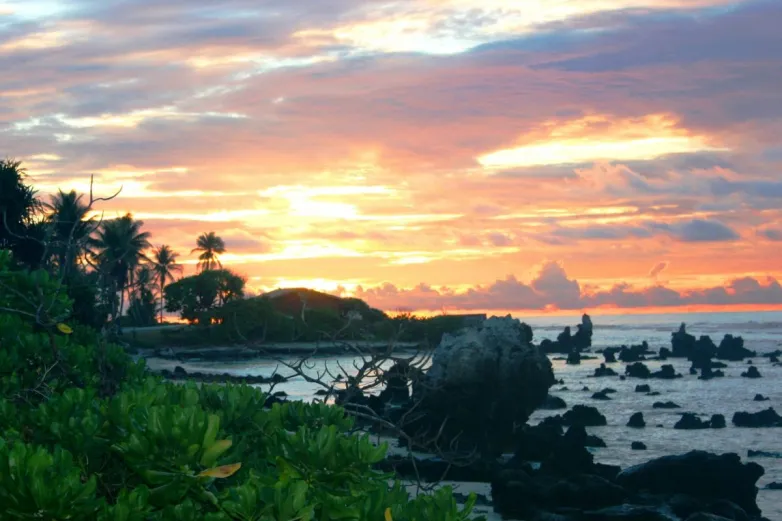Solar-plus-storage to provide all the daytime electric needs of nation state
Sep 30, 2019 04:57 PM ET
- A 6 MW solar plant and 5 MW/2.5 MWh storage system are set to increase the share of renewable electricity on the Pacific island of Nauru from 3% to 47%. The $27 million project is being supported by the Asian Development Bank (ADB).

The Republic of Nauru, like many Pacific Ocean island states relies almost entirely on diesel generators for its power.
However, the government has decided raise the share of renewables in the power mix of the 21km² nation from 3% to 47% with a large-scale solar-plus-storage project.
The power plant will have a solar capacity of 6 MW and 5 MW/2.5 MWh of storage. “The system will be fully automated and integrated with the existing diesel system to optimize solar energy use, enable optimal battery energy storage system charging and discharging and allow optimal shut-off of the diesel engines,” said the Asian Development Bank (ADB), which has agreed to finance the $27 million project with a $22 million loan.
The Nauru Solar Power Development Project will be owned and operated by the Nauru Utilities Corporation and will provide almost all of the daylight electricity consumption needs of the world’s third smallest nation.
The ADB is backing the project under its Pacific Renewable Energy Investment Facility, which supports renewable energy projects in states including the Cook Islands, the Federated States of Micronesia, Kiribati, Palau, the Marshall Islands, Samoa, the Solomon Islands, Tonga, Tuvalu and Vanuatu.
Nauru and many of its neighbors are expected to be among the first nations in the world to disappear if rising sea levels are not checked and the country’s politicians have been outspoken critics of developed nations at UN climate change gatherings.
In early August, Saint Kitts and Nevis began a 35.6 MW solar array to be paired with 44.2 MWh of storage capacity that is expected to provide around a third of the nation’s power demand. The solar-plus-storage plant will provide clean power to state-owned electric utility Skelec for 20 years.
Also read

